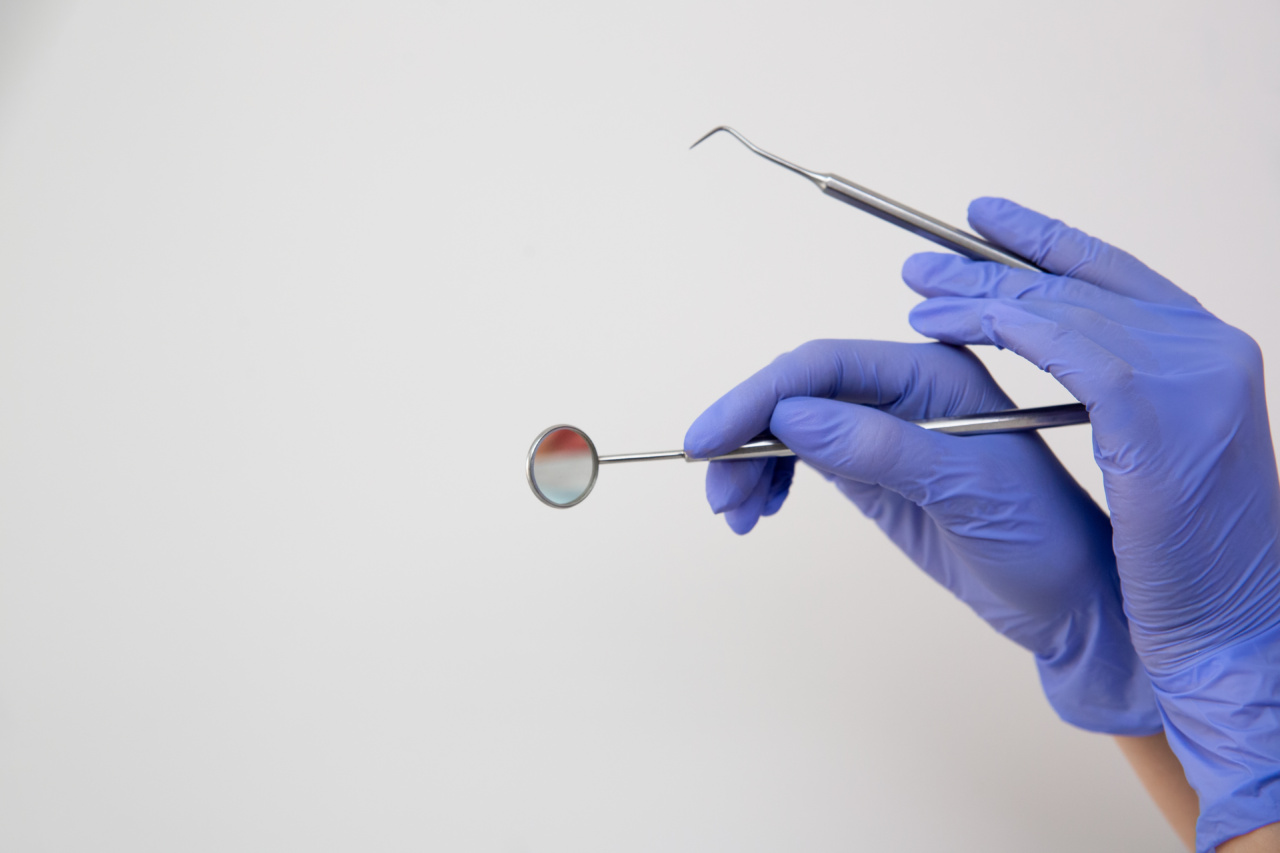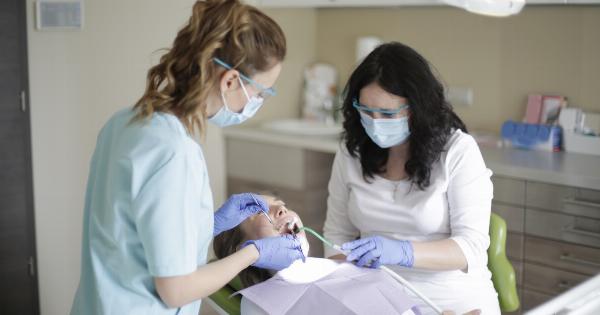Oral cancer is one of the most common types of cancer today. Early detection can be crucial in treating the disease, which is why it is important to have regular preventive orthodontic cancer checks.
These checks can help detect any signs of early-stage cancer, before it spreads and becomes more difficult to treat.
What is Oral Cancer?
Oral cancer, also known as mouth cancer, is a form of cancer that develops in the mouth or throat. It can occur in any part of the mouth, including the lips, gums, tongue, cheeks, and the roof or floor of the mouth.
Oral cancer can be caused by a variety of factors, including smoking, excessive alcohol consumption, and exposure to the human papillomavirus (HPV).
Why Are Preventive Orthodontic Cancer Checks Important?
Preventive orthodontic cancer checks are important because early detection of oral cancer can greatly improve the chances of successful treatment and cure.
During a preventive orthodontic cancer check, your orthodontist will examine your mouth, throat, and neck for any signs of abnormal tissue or growths. If any suspicious areas are found, your orthodontist may recommend a biopsy or other diagnostic tests to determine if cancer is present.
Because oral cancer is often symptomless in its early stages, regular preventive orthodontic cancer checks are crucial for catching the disease early.
While some symptoms may include red or white patches in the mouth, persistent sores, or difficulty swallowing, others may not produce any noticeable symptoms until the disease has advanced to later stages. By this point, treatment can be much more difficult and less effective.
When Should You Start Getting Preventive Orthodontic Cancer Checks?
The American Association of Orthodontics recommends that children have their first orthodontic exam by the age of seven.
This initial exam is important for identifying any potential bite or alignment issues that may require orthodontic treatment in the future.
However, when it comes to preventive orthodontic cancer checks, there is no specific age at which individuals should start getting checked.
It is generally recommended that individuals begin getting preventive orthodontic cancer checks once they reach adulthood, particularly if they have any risk factors for oral cancer.
What Are the Risk Factors for Oral Cancer?
Some of the most common risk factors for oral cancer include:.
- Smoking cigarettes or using tobacco products
- Excessive alcohol consumption
- Exposure to the human papillomavirus (HPV)
- Age (the risk of oral cancer increases as you get older)
- Gender (men are more likely to develop oral cancer than women)
- Family history of oral cancer
- Exposure to certain chemicals or substances, such as asbestos or nickel
If you have any of these risk factors, it is particularly important to start getting preventive orthodontic cancer checks regularly.
How Often Should You Get Preventive Orthodontic Cancer Checks?
The frequency of preventive orthodontic cancer checks will depend on your individual risk factors.
For individuals with a higher risk of oral cancer, such as smokers or those with a family history of the disease, it may be recommended to have a checkup every six months to a year.
For those with a lower risk of oral cancer, it may be sufficient to have a checkup every two to three years.
However, it is important to discuss your individual risk factors with your orthodontist in order to determine the appropriate frequency of preventive orthodontic cancer checks for you.
What Happens During a Preventive Orthodontic Cancer Check?
During a preventive orthodontic cancer check, your orthodontist will examine your mouth, throat, and neck for any signs of abnormal tissue or growths. They may also ask you questions about your lifestyle and any symptoms you may have experienced.
If any suspicious areas are found, your orthodontist may recommend a biopsy or other diagnostic tests to determine if cancer is present.
If the test results are positive, your orthodontist will work with your primary care doctor and oncologist to develop a treatment plan.
Conclusion
Preventive orthodontic cancer checks are an important aspect of maintaining oral health. By detecting oral cancer early, the chances of successful treatment and cure are greatly increased.
Make sure to discuss your individual risk factors with your orthodontist to determine when and how often you should have preventive orthodontic cancer checks.





























